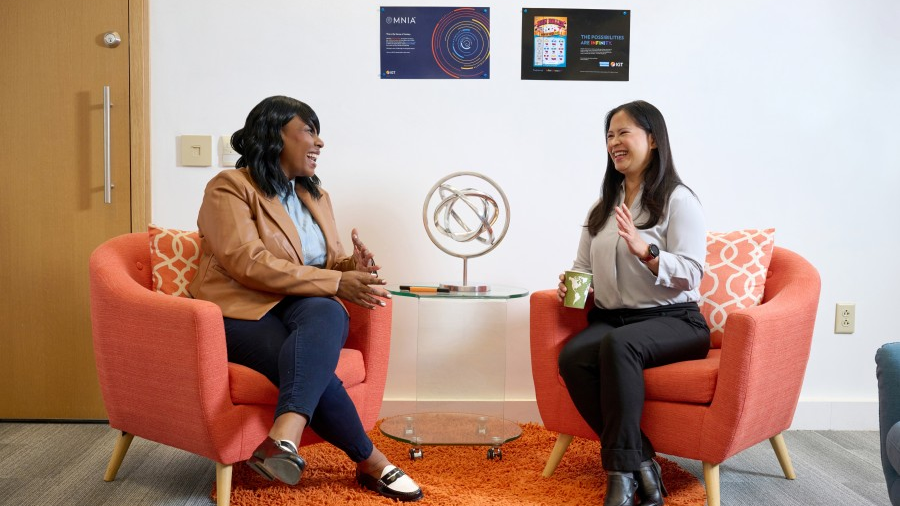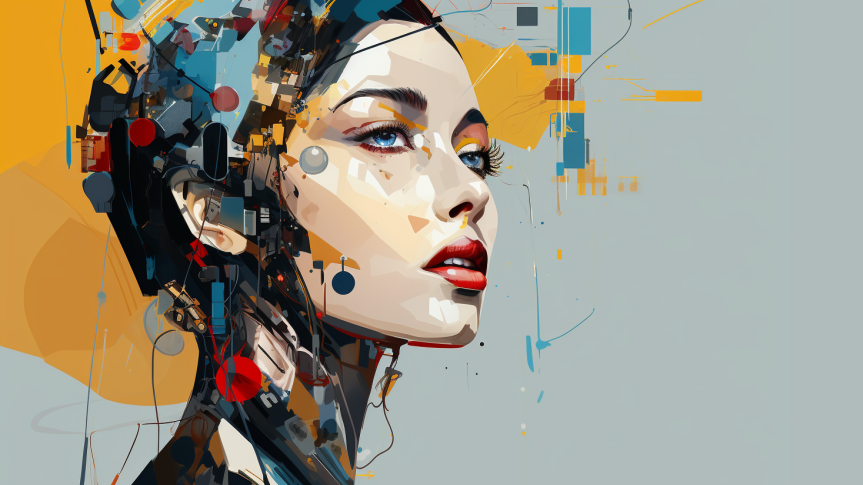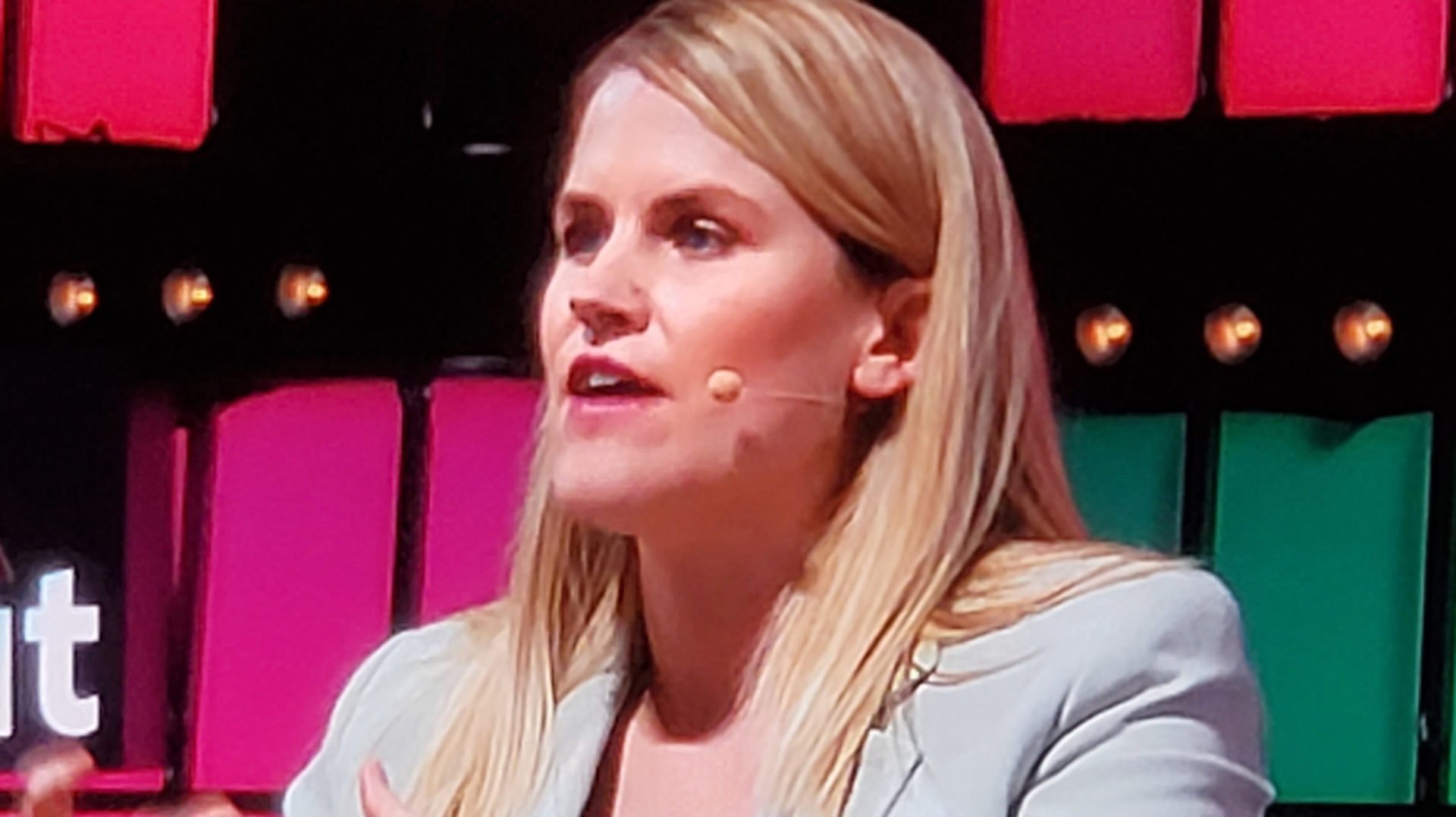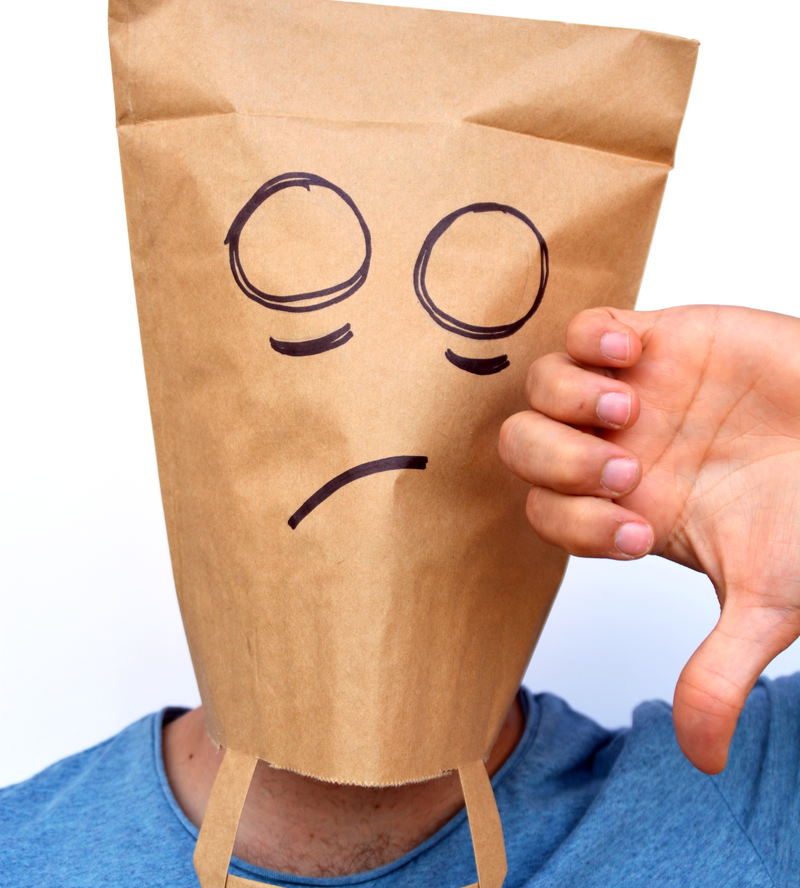How can we come together? That is the question of our era. It applies across domains, across cultures, across the world. Our planet and our society have proven themselves more fragile than we believed, and the past year has proven that things can get very very bad, very quickly. Meanwhile, 2020 also proved, decisively, that we live in a digital society. To the degree we muddled through last year, it was because we had digital tools.
So how should we think about what unity means in a digital era? First of all, of course, it must be a major societal goal to ensure everyone has access to broadband internet. If we’re in a digital era, everyone, everywhere, must have the ability to be online, for information and entertainment but more urgently for access to healthcare, education, and political participation. The U.S. is finally taking emergency action on that, with the new $1.9 trillion American Rescue Plan including $7.2 billion for emergency connectivity, especially for students and schools. That’s on top of another recent allocation of $3.2 billion to expand broadband access for underserved Americans. People of color, low-income families, the elderly, and those living in rural areas have been especially disadvantaged by the lack of connectivity.

And disconnection is a grave problem globally, with about 3.7 billion people in the world still unconnected to the internet. A full two billion of those are women. Think what kind of life you yourself would live right now if you didn’t have net access. Then imagine 3.7 billion people are in that situation. It is mind-bending, and dispiriting. But we cannot let it slow our work.
I started writing this essay on Thursday. Then that evening, President Biden spoke to the nation about the pandemic, the Rescue Plan, and where we go next. “Unity is what we do together as fellow Americans,” he said, gratifyingly. Now we need to figure out what unity means, and how to work harder to achieve it.
If there is one single digital choke point–or ongoing global crisis–driving us further apart, it’s the blight of disinformation and the plague of hate speech, enabled by ungoverned tech platforms. Facebook in particular is an offender. Those devoted to division, who love inflammatory rhetoric, also love social media. It has an algorithmic tendency to favor anger and fear in the interest of generating page views. If we champion unity we must champion reform for these renegade companies that arguably hold more power than the governments that oversee them.

Luckily, more and more pressure is coming to bear on Facebook and other platforms as society’s leaders and moral guardians have recognized the fault lines those companies create. “The convergence of conspiracy theories, disinformation, and hate more broadly in these online spaces has had a huge impact on our communities,” says Oren Segal of the Center on Extremism at the Anti-Defamation League. Even global diplomacy is focusing on this challenge. Anne Marie Engtoft Larsen is Denmark’s official ambassador to Silicon Valley and the tech industry. “A handful of companies are operating on a global scale and not living up to their social responsibility or to their end of the social contract,” she says.
Larsen and a small number of other dedicated diplomats from around the world are increasingly working to engage these companies directly. “You have government on one side that is incredibly mad about all sorts of things happening,” she says. “On the other side, you have an industry that hasn’t historically have enough engagement with governments. We’ve got to insist on a dialogue, a conversation, and try to understand shared perspectives.” Legislators in countries around the world are struggling with how to properly restrain and refocus tech giants on societal good.
Another key recent development is a more focused response to threats to democracy from the business community, both in the U.S. and globally. After the January 6 attack on the U.S. Capitol, many companies took concrete actions to sever relations with politicians who encouraged the false narrative of a stolen election. Now groups like the Leadership Now Project are bringing together executives from a diverse group of companies to coordinate efforts to defend democracy at a time when it is under threat. Says Daniella Ballou-Aares, CEO the Project: “There are plenty of business people who want our democracy to work, who want to help solve our political challenges, but there is no voice for them, or power for that segment of the business community to stand up for democracy. So here we are…What are the things that we need to change in order to strengthen democracy? How do we participate differently in the system?” Says ADL’s Segal: “Business does have a role in helping to keep communities safe and secure. It’s a whole of society approach–we need business, government, non-governmental organizations, and ordinary people.”
Becoming digitally united is an issue inside companies as much as in society at large. Those businesses that thrived during the pandemic were those that understood culturally and managerially they could only succeed by being digital. And unity is being further tested daily as much of the business world continues to work remotely. How can workers who never see each other except on a screen really work together effectively and as a unified team? Unity is an issue at both the micro and the macro level, and will remain so, indefinitely.
Finally, and powerfully, the world has defined a pathway towards greater global unity, in the form of the United Nations Sustainable Development Goals, agreed to by every member nation back in the relatively benign days of 2015. But the pandemic seriously impaired the momentum of progress on goals related to poverty, hunger alleviation, and environmental progress, among others.
Kate Garvey is co-founder of a London-based NGO called Project Everyone, specifically formed to build awareness for the goals back in 2015 (it even designed the beautiful circular logo and the “periodic chart” of graphics for the 17 goals). “It’s a mixed bag for the goals now,” says Garvey. “The positives are that they are universal goals, not just about development, not just about the South. They are relevant to every country and were adopted by every country. And they’re indivisible. In this interconnected world, targets for development and climate coming together are super important. But also they show the intersectionality—if you’re addressing gender disparities you’re going to help the other goals.” Now, finally, there has been a major change in the attitudes among major global organizations, underscored by statements by UN Secretary-General Antonio Guterres himself–it’s now understood widely that we cannot think about achieving the goals without the determined application of digital tools. We have to radically heighten global internet connectivity in order to get leverage for the goals.
So there is reason to hope, but even more reason to be urgently determined to devote our work and our lives to helping the world and our countries and our communities come closer together. Without the reach and amplification of tech and digital tools, it won’t be possible.
At Techonomy’s Digitally United conference on March 23-24, Segal, Larsen, Ballou-Aares and Garvey will all be among the speakers.















